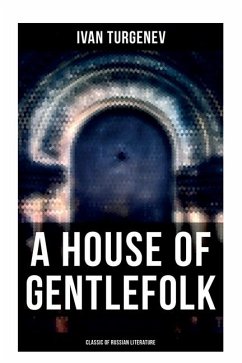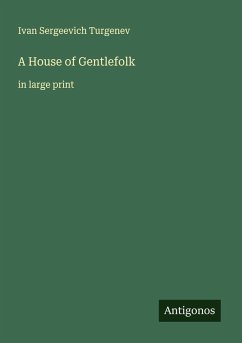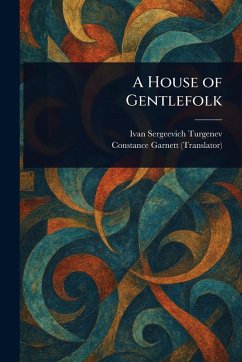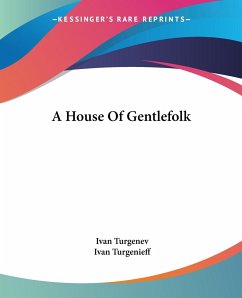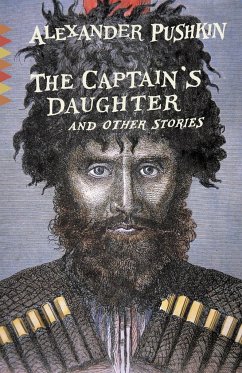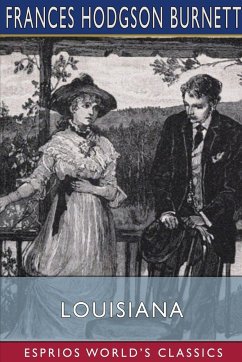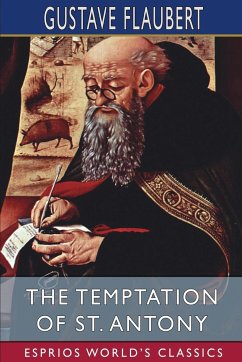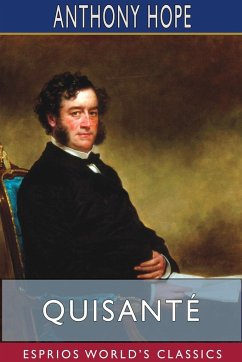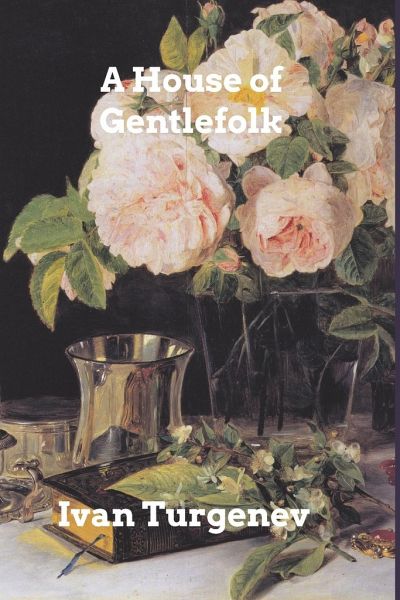
A House of Gentlefolk
Versandkostenfrei!
Versandfertig in 1-2 Wochen
18,99 €
inkl. MwSt.
Weitere Ausgaben:

PAYBACK Punkte
9 °P sammeln!
Home of the Gentry, also translated as A House of Gentlefolk, is a novel by Ivan Turgenev published in the January 1859 issue of Sovremennik. It was enthusiastically received by the Russian society and remained his least controversial and most widely read novel until the end of the 19th century. Turgenev wrote the novel shortly after his 40th birthday, and it expresses some of his feelings about middle age, as its protagonist is forced to confront the mistakes of his past and determine what options are left for his dwindling future. The novel is often recognized for its musical elements and th...
Home of the Gentry, also translated as A House of Gentlefolk, is a novel by Ivan Turgenev published in the January 1859 issue of Sovremennik. It was enthusiastically received by the Russian society and remained his least controversial and most widely read novel until the end of the 19th century. Turgenev wrote the novel shortly after his 40th birthday, and it expresses some of his feelings about middle age, as its protagonist is forced to confront the mistakes of his past and determine what options are left for his dwindling future. The novel is often recognized for its musical elements and the quiet lull of its prose.




